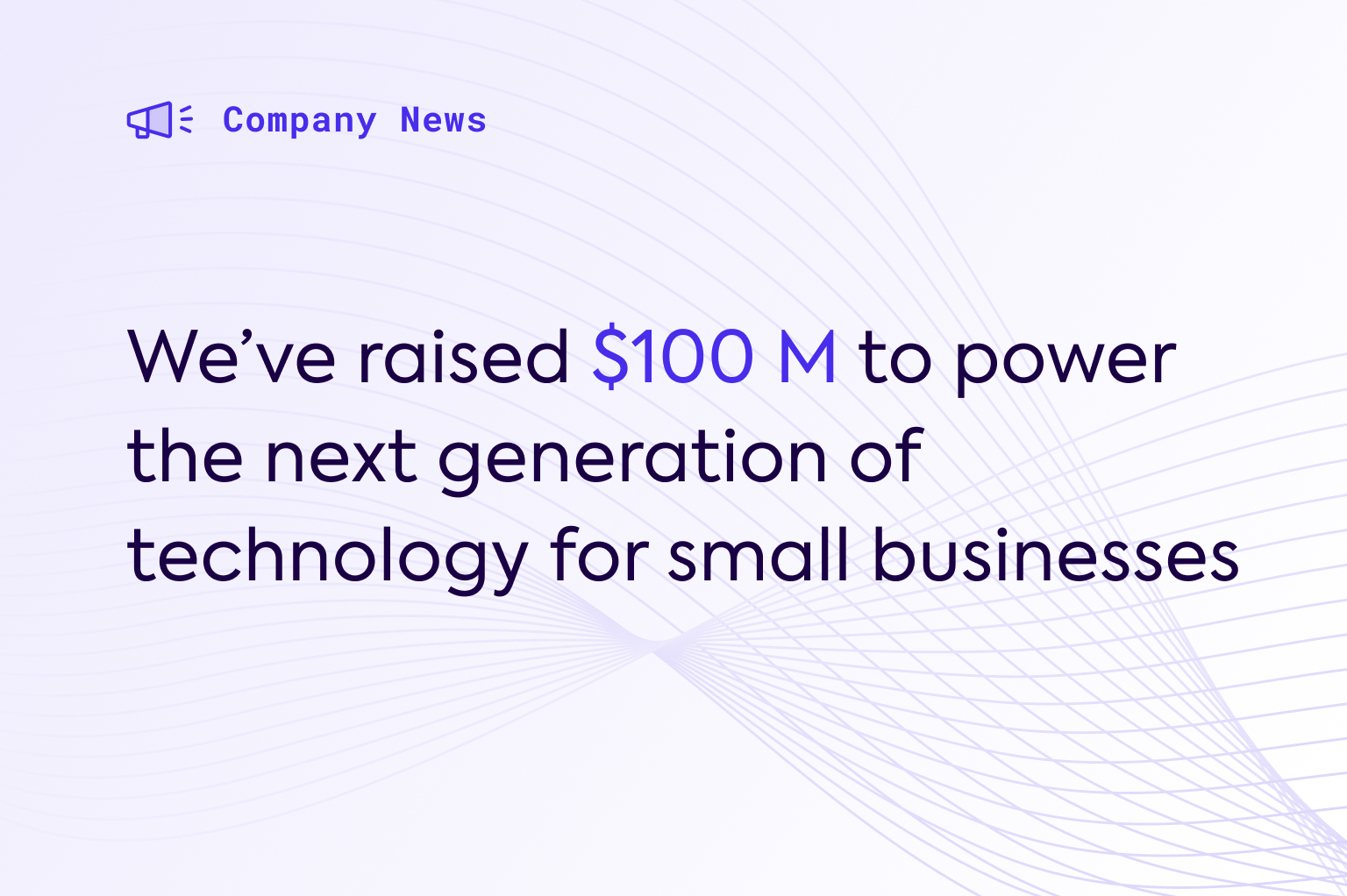
Most of us only notice the internet these days when it doesn’t work. When you see the dreaded buffering circle of death on Netflix, or you move house and have to manage a few days without WIFI. Otherwise, we’re constantly connected, relying on the internet for almost every aspect of our daily lives, from working to socializing, often without even realizing it. On the other hand, small business connectivity – syncing and sharing data between the hundreds of systems and 3rd party providers used on a regular basis – is decades behind.
We’re still in the age of dial-up when it comes to small business data. Despite radical advancements in other areas of technology, in 2022, the majority of small business systems still don’t speak to each other, creating hours of painful admin and serious barriers to growth.
Today, we’re announcing that we have raised $100M in Series C funding because we want to change that.
By powering the connectivity for SaaS, payments, and lending businesses building products for SMBs, we want to help them create a world in which SMBs are able to harness the power of their own data to make their lives easier. Some of the most successful finance and fintech companies of our generation, J.P. Morgan, Shopify, Plaid, and Canapi Ventures have joined us as investors to help make that happen.
We’re building the internet for business data
Codat’s technology is the infrastructure for small business data sharing. We want to make consented data sharing between any system or provider an SMB uses as effortless and accessible as opening a webpage on your smartphone.
It can be hard to visualize how this kind of infrastructure benefits small businesses in the real world, but if you’ve ever worked in retail, you’ve probably had the experience of totting up the till at the end of the day — counting cash and typing the figures into some financial software after 8 hours on your feet. Maybe you even had to call up a regional sales manager at the end of the week just so they could know how the store was performing and make decisions on staffing, stock ordering, or expansion.
When data flows freely between all the tools a business uses, that sales assistant is home half an hour earlier. As a sale is made, the information is instantly visible in the merchant’s financial software for the tax to be calculated; it’s in the regional manager’s sales forecasting tool and the store’s inventory planning software stack so that products are replenished automatically. No one is typing numbers into spreadsheets when they could be selling, strategizing, or improving their product.
To make this a reality sooner, we’ll use our Series C funds to incorporate many more integrations into our business data APIs, connecting to all types and providers of small business financial software across the globe. Fintech pioneers will use our APIs to create products that solve a wide array of challenges that small business owners face, from accessing finance to process automation and many more that we are yet to imagine.
We don’t know what all the applications of our technology will look like – we simply know that information wants to be free. Today we’ve only uncovered a fraction of the value that opening up small business data can bring to business owners, their providers, and the world, and that’s the most exciting part.

Pete Lord, CEO & Co-Founder